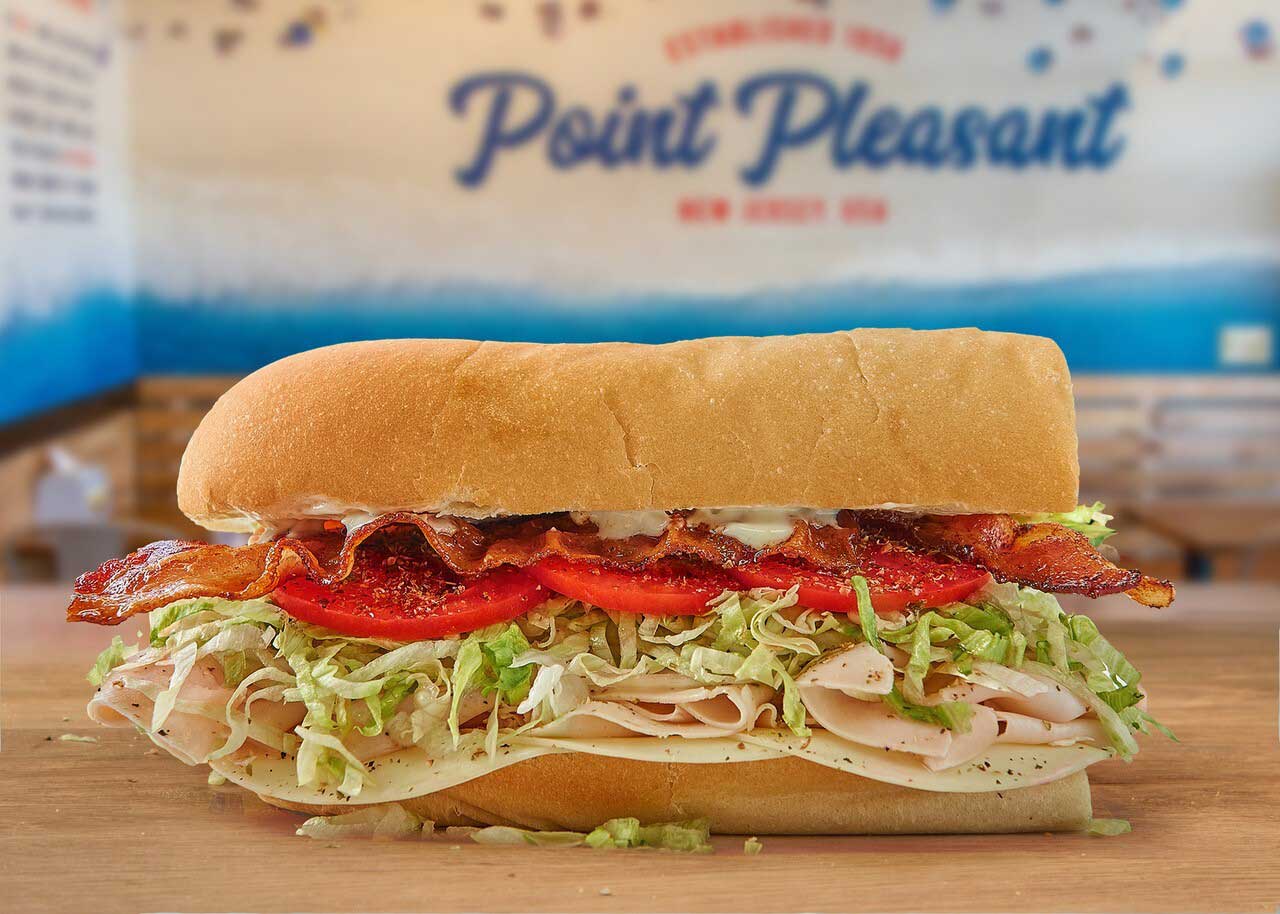A few weeks ago I picked up lunch for the family from Jersey Mike’s Subs. I ordered ahead, but they weren’t quite ready for me, so I sat and waited for a bit. All in all, it was a good experience and good food.
While I was waiting, though, I saw something interesting. A woman walked in with a Jersey Mike’s bag in her hand told them her problem (in a very polite interaction):
- I need you to remake this sandwich.
- It was made incorrectly.
- It wasn’t supposed to have cheese on it.
- My son is allergic to cheese.
She could have stopped after one or two of those points, but giving all four (the fourth being the “why” behind her ask) led to an interesting outcome.
While remaking the sandwich, the staff member mentioned to her that the bread they had chosen has cheese in it as well, and he wanted to be careful of the allergy. She agreed and changed breads. Kudos to the staff for being aware of that, but I also think the woman helped make this happen by sharing her “why”.
- When she came in, if had simply asked for it to be remade, it would have had the cheese bread again for sure.
- If she had mentioned that the sandwich shouldn’t have had cheese, the staff might have asked about the bread, but likely would have just made the sandwich the exact way it was ordered.
- However, the fact that she told WHY she needed it remade gave the staff member more information and helped him uncover the other cheesy problem they had.
Commander’s Intent
It’s funny that this happened not long after my run of posts about mental models, because I immediately recognized it as an example of “Commander’s Intent“. Her supplying the “why” of her request helped the Jersey Mike’s staff change tactics a bit and help even more.
At the end of the day it was just a sandwich, but depending on the degree of her son’s allergy, it could have been a big deal. When asking for help, the “why” can really make a difference.




